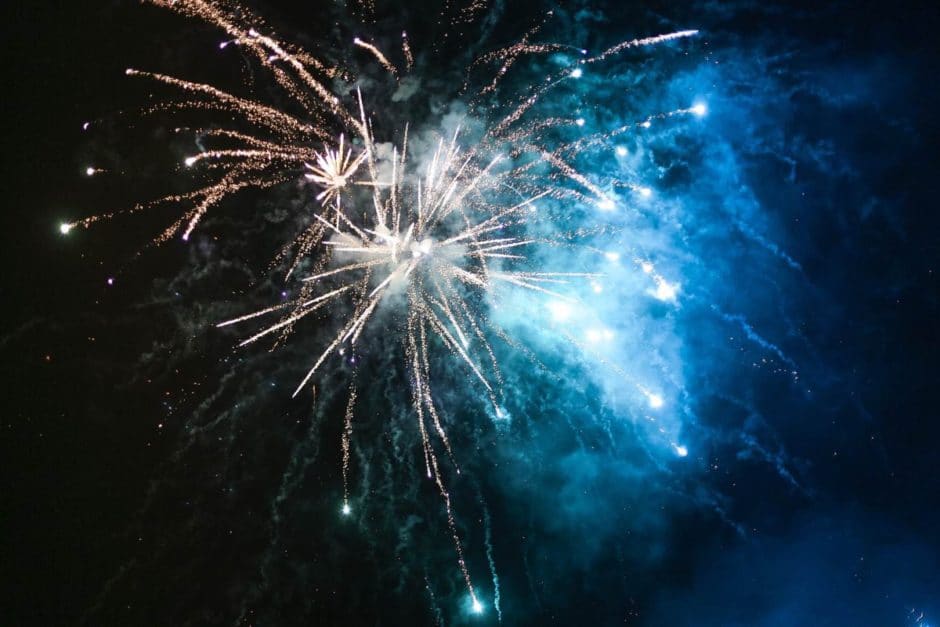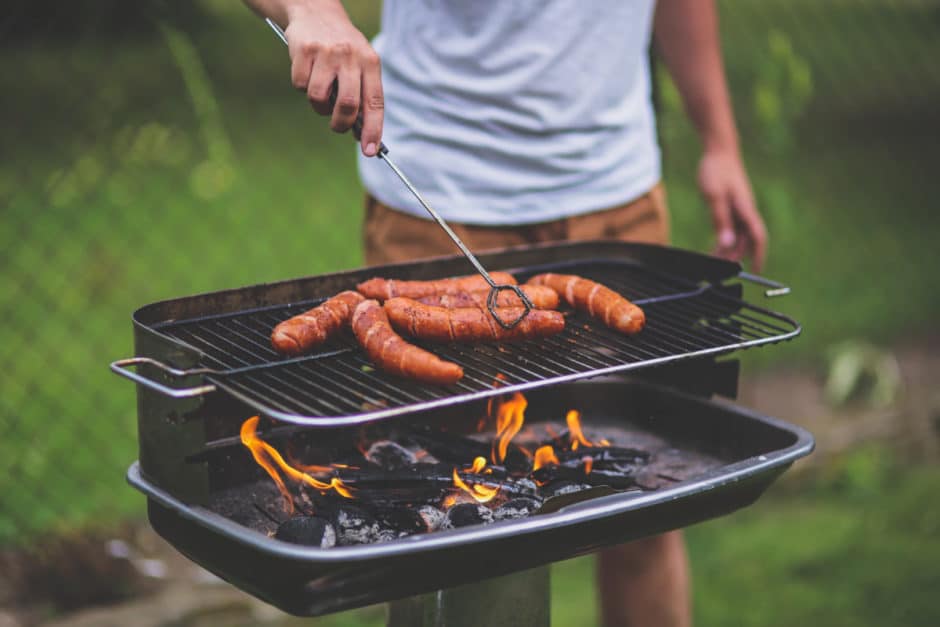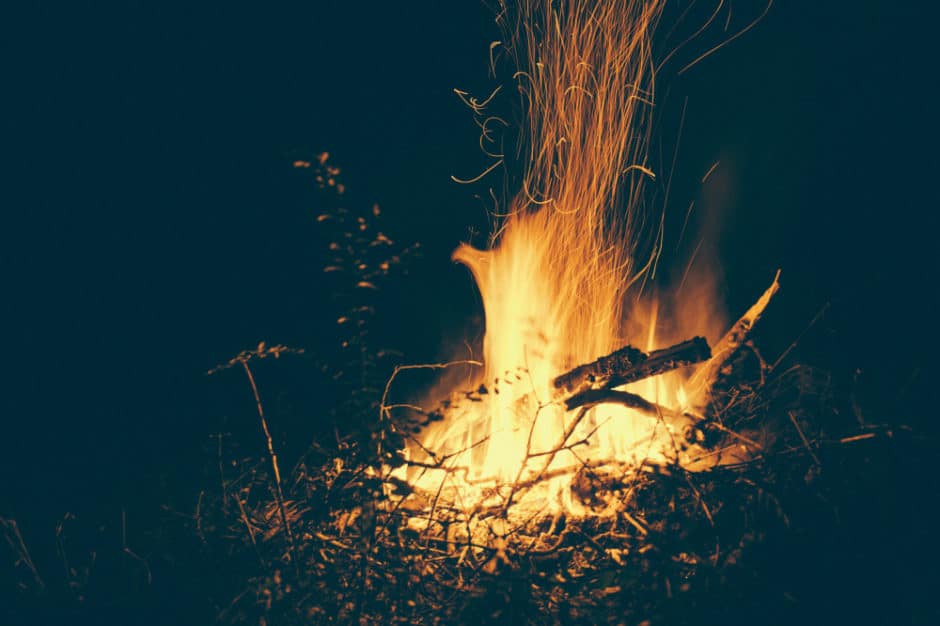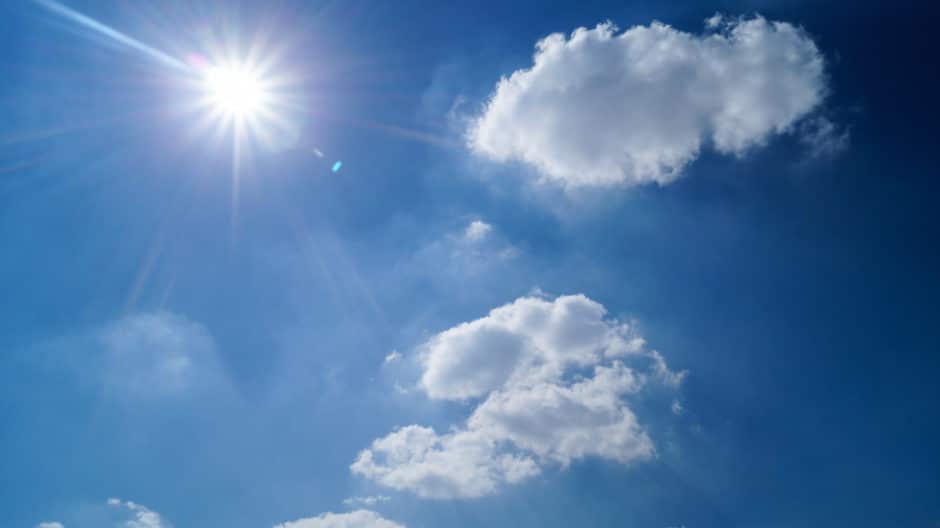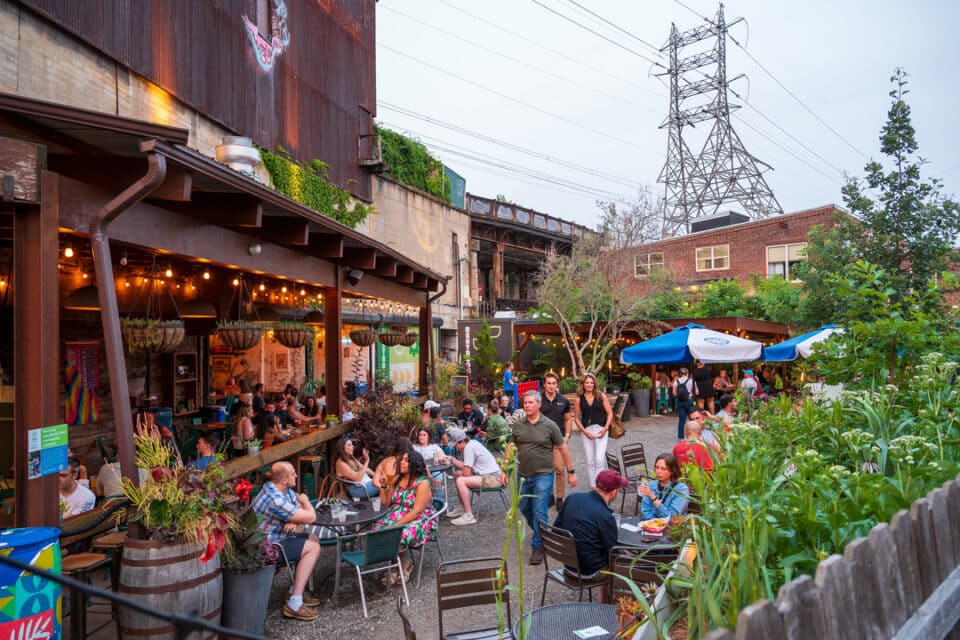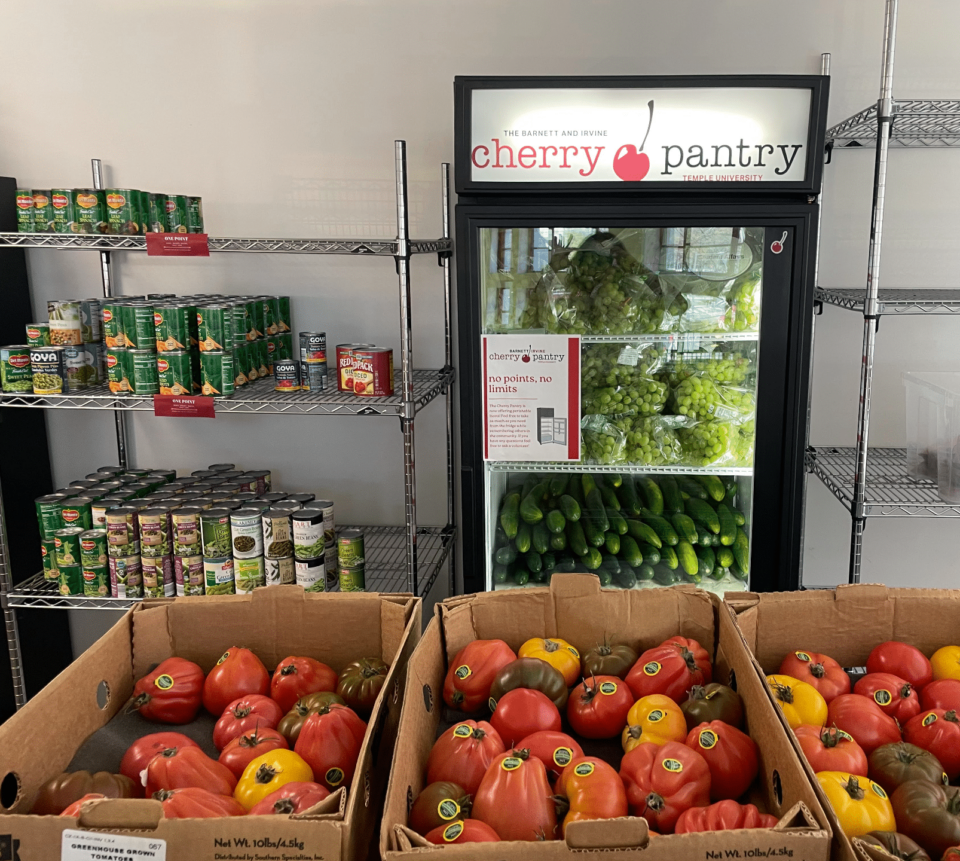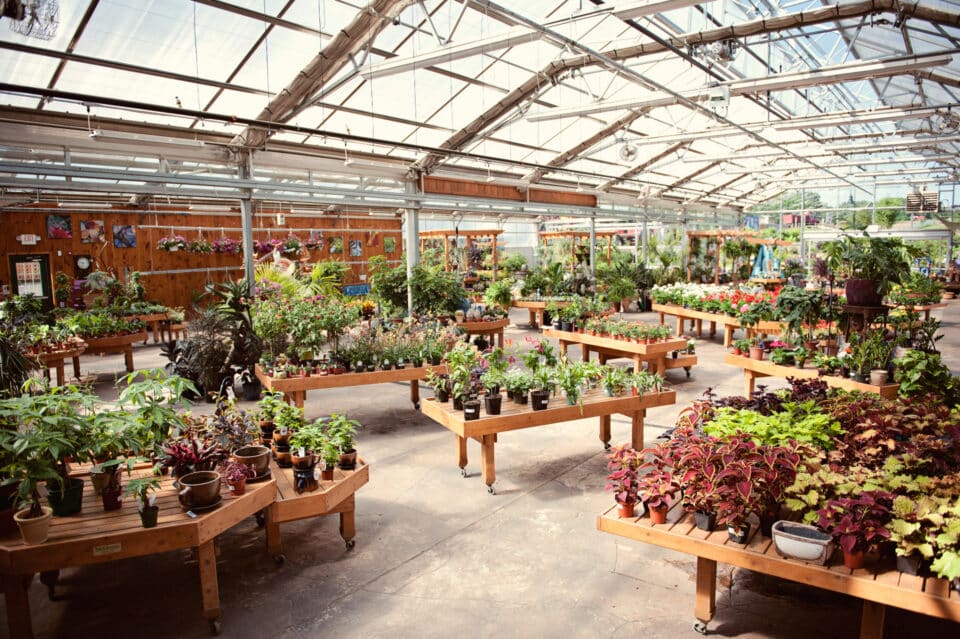The Fourth of July should be a day of fun and celebration, but it is also one of the most dangerous days of the year. You can keep your Independence Day fun when you follow the proper safety rules. Whatever your plans are for this holiday, be sure you remember these tips:
Fireworks Safety
- A responsible adult should supervise all fireworks activities.
- Never allow young children to play with or ignite fireworks.
- Adults should always supervise fireworks activities.
- Always purchase fireworks from reliable sources.
- Follow label directions carefully.
- Never point or throw fireworks at another person.
- Use fireworks outdoors in a clear area away from buildings and vehicles.
- Never carry fireworks in your pocket or shoot them in metal or glass containers.
- Light them one at a time then move back quickly.
- Don’t experiment with homemade fireworks.
- Observe local laws and use common sense.
- Keep a bucket of water or a garden hose handy in case of a fire or other mishap.
- After fireworks fully complete their functioning, put plenty of water on them from a bucket or hose before discarding the device to prevent a trash fire.
Swimming/Water Safety
- If you have a pool, secure it with appropriate barriers. Many children who drown in home pools were out of sight for less than five minutes and in the care of one or both parents at the time.
- Never leave a young child unattended near water, and do not trust a child’s life to another child.
- Avoid distractions when supervising children around water.
- Swim in designated areas supervised by lifeguards. Always swim with a buddy; do not allow anyone to swim alone.
- Have young children or inexperienced swimmers wear U.S. Coast Guard-approved life jackets around water, but do not rely on life jackets alone.
- Have appropriate equipment, such as reaching or throwing equipment, a cell phone, life jackets and a first aid kit.
Barbeque and Food Safety
- Be careful during barbecues that you do not start a fire. Be sure all coals are completely out before leaving the barbecue unattended. Be cautious of children playing around the barbecue area.
- Keep meat and poultry refrigerated until ready to use. Only take out the meat and poultry that will immediately be placed on the grill.
- To prevent foodborne illness, don’t use the same platter and utensils for raw and cooked meat and poultry.
- Cook food to a safe minimum internal temperature to destroy harmful bacteria. Meat and poultry cooked on a grill often browns very fast on the outside. Use a food thermometer to be sure the food has reached a safe minimum internal temperature.
Campfire Safety
- Build campfires away from overhanging branches, steep slopes, rotten stumps, logs, dry grass and leaves. Pile any extra wood away from the fire.
- Keep plenty of water handy and have a shovel for throwing dirt on the fire if it gets out of control.
- Start with dry twigs and small sticks. Add larger sticks as the fire builds up. Put the largest pieces of wood on last, pointing them toward the center of the fire, and gradually push them into the flames.
- Keep the campfire small. A good bed of coals or a small fire surrounded by rocks gives plenty of heat. Scrape away litter, duff and any burnable material within a 10-foot diameter circle. This will keep a small campfire from spreading.
- Be sure your match is out. Hold it until it is cold. Break it so you can feel the charred portion before discarding it.
- Never leave a campfire unattended. Even a small breeze could quickly cause the fire to spread.
- Drown the fire with water. Make sure all embers, coals and sticks are wet. Move rocks; there may be burning embers underneath.
- Stir the remains, add more water and stir again. Be sure all burned material has been extinguished and cooled. If you do not have water, use dirt. Mix enough soil and sand with the embers. Continue adding and stirring until all material is cooled.
- Feel all materials with your bare hand. Make sure that no roots are burning. Do not bury your coals—they can smolder and break out.
Protection from the Sun
- Sunscreen should be applied liberally enough to all sun-exposed areas. Apply sunscreen 20–30 minutes before going out in the sun.
- Use a sunscreen with an SPF of 15 or higher, and reapply often. Even if it’s not sunny you can still get a sunburn.
- Limit the amount of direct sunlight you receive between 10 a.m. and 4 p.m.
- Remember to drink plenty of water regularly, even if you’re not thirsty. Avoid drinks with alcohol or caffeine in them.
- Protect your eyes by wearing sunglasses that will absorb at least 90 percent of UV sunlight. And don’t forget your feet.
- Watch for signs of heat stroke—hot, red skin; changes in consciousness; rapid, weak pulse; and rapid, shallow breathing.
Driving/Transportation
- Be extra cautious on the road. Even if you are not drinking, other people can be. Drivers also become distracted by fireworks and other excitement in the area.
- Be extra cautious if you must be on the road this weekend, especially at night.
- Don’t drink and drive. Always have a designated driver and don’t let your friends drive drunk.
This message brought to you by Chester County Hospital. Part of Penn Medicine, Chester County Hospital has been dedicated to the health and well-being of the people in Chester County and surrounding areas for nearly 125 years.
- Fireworks photo: PicJumbo
- Barbecue photo: KaboomPics
- Campfire photo: Public Domain Archive
- Sunshine photo: SkitterPhoto
